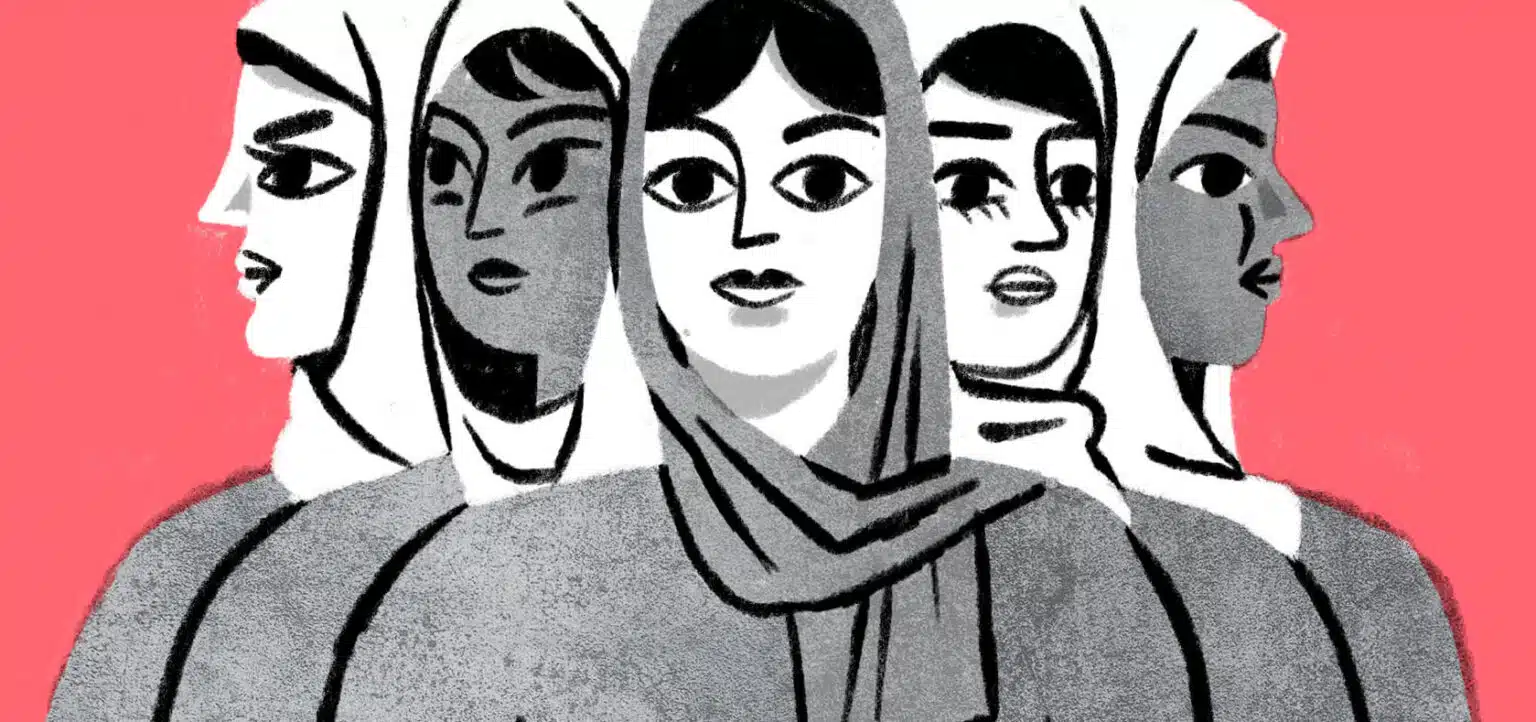In a resolution, the council denounces the Taliban’s prohibition on women’s employment in Afghanistan for the UN as “unprecedented in the course of the existence of the United Nations.” The resolution demanded that the Taliban lift their restrictions on women’s employment and continuing their education after the sixth grade, marking an unusual instance of unity on the Council.
The UN Security Council adopted a resolution condemning the Taliban’s treatment of women and girls in Afghanistan and urging the government to change laws that prevent them from participating in public life, education, and employment. Over 90 nations contributed to the resolution, which was unanimously approved in the final days of Russia’s tenure as the Council’s rotating president.

The resolution also addressed the Taliban government’s order from April 4 that forbade the UN from hiring Afghan women, which was unprecedented in the United Nations’ existence and undermined the rights of humans and humanitarian principles. The resolution also called for the “full, identical, constructive, and safe involvement of women and girls in Afghanistan” and forbade the UN from hiring Afghan women.
UN’s Security Council’s resolution for Afghanistan’s women
The 15-member United Nations Security Council has emerged deeply split after Russia’s invasion of Ukraine. The resolution on how the Taliban treated women was able to come to a consensus, but the debates over its final wording were difficult and time-consuming. The resolution is enforceable under international law but is silent on the repercussions the Taliban government in Afghanistan may face if it disobeys its demands.
Linda Thomas-Greenfield, the United States ambassador to the UN, argued that the Taliban has broken commitments to the global community and Afghan women and girls through repressive policies. The US placed a $7 billion asset freeze on Afghanistan’s central bank after leaving the nation, despite the unanimous vote of the Council. This was seen as a sign of tensions, as the US placed a $7 billion asset freeze on Afghanistan’s central bank after leaving the nation.

The resolution called for the global community to help financially with Afghanistan’s economy. China criticised the US’ premature withdrawal from Afghanistan and move to freeze assets in its place of business. Russia’s ambassador to the UN, Vasily A. Nebenzya, claimed that Western Council members had blocked a more comprehensive decision that would have addressed the effects of restrictions on the Taliban and how to recover the assets that the US had “stolen” from the nation.
In the wake of the US withdrawal in 2021 and the fall of the Western-backed government, the Taliban’s efforts to establish themselves as the true authorities of Afghanistan have been hampered by ongoing prejudice against women and girls.
Intention of the UN in context of Afghanistan Women
The United Nations (UN) has stated that it is not yet intending to leave Afghanistan due to the dire humanitarian requirements faced by the Afghan people, despite the Taliban’s restriction on hiring Afghan women. This restriction violates international humanitarian law and the tenets of the U.N. charter, and the UN has instructed all of its Afghan workers, both men and women, to remain at home and has started a thorough investigation into its business practises there that is expected on May 5.

The Taliban seek to put the United Nations in an unpleasant position between staying and providing support for the Afghan people and adhering to the standards and values that the UN is obligated to uphold. They have systematically reduced the rights of women and children since taking control in August 2021, undoing the progress gained since 2001.
Taliban’s Restrictions & the UN
The Taliban’s highest leadership has restricted women’s access to employment, forbade them from continuing their education, and banned them from participating in public life. The U.N. general secretary, António Guterres, will call a meeting in Doha, Qatar, to discuss the future of counterterrorism, humanitarian operations, and Taliban rule in Afghanistan. Member states should determine whether or not to recognise the Taliban at the summit.

Suhail Shaheen has been named as the head of the Taliban’s political representation in Doha, but the U.N.’s credentials committee has not yet approved him.













